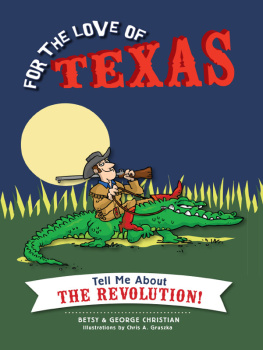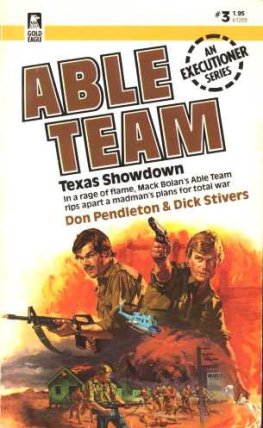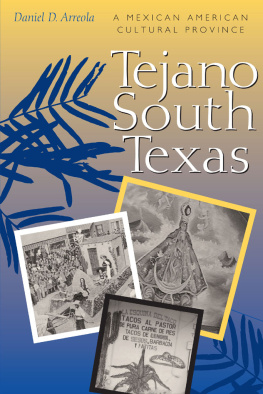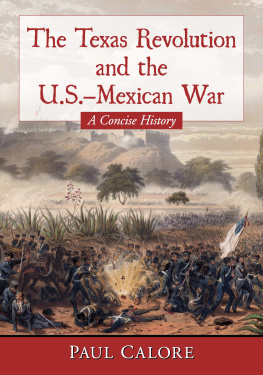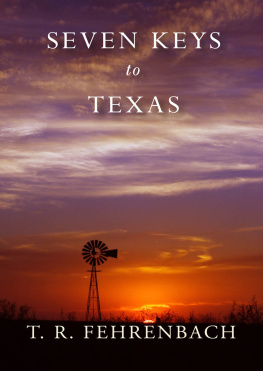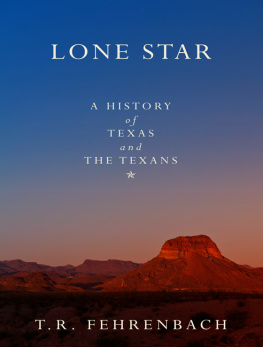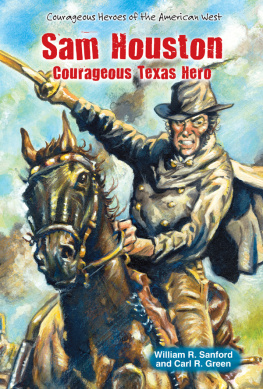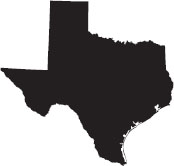
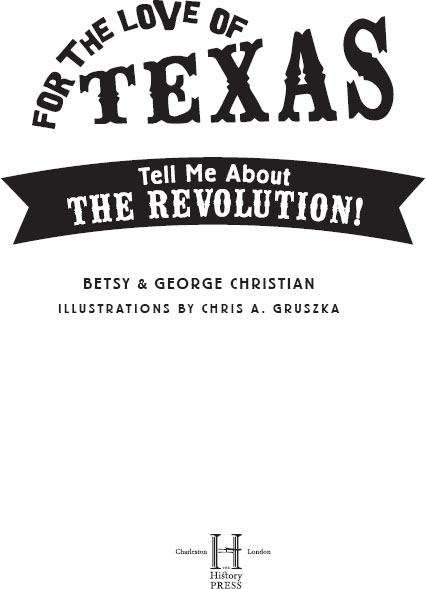
Published by The History Press
Charleston, SC 29403
www.historypress.net
Copyright 2013 by Betsy and George Christian
All rights reserved
First published 2013
e-book edition 2013
ISBN 978.1.62584.615.0
Library of Congress CIP data applied for.
print edition ISBN 978.1.62619.160.0
Notice: The information in this book is true and complete to the best of our knowledge. It is offered without guarantee on the part of the author or The History Press. The author and The History Press disclaim all liability in connection with the use of this book.
All rights reserved. No part of this book may be reproduced or transmitted in any form whatsoever without prior written permission from the publisher except in the case of brief quotations embodied in critical articles and reviews.
This book is dedicated to Adam Rankin Johnson, George E. Christian Jr., Susan Christian Goulding, Jo Christian Babich (Auntie Sis), Mordena Babich and to the future generations of Christian family writers.
CONTENTS
PREFACE
How is history written? What if you were asked to write a factual account of what happened at your house last Sunday? Would you write from the same perspective as your mother or brother or neighbor? Did they see things the same way as you did? Might they write about facts that would make them look better?
Whos the decider on which account gets picked as official history? A teacher, historian, school boardthe federal government? If all accounts are factual, does it matter which version you study?
When you read history, you have to use your brain and think about why the author decided to include some stuff and not some other stuff. And of course, you should make sure the history youre reading is from a credible source.
This book is well researched, thats for sure, but it only covers a portion of what happened with the Texas Revolution. There are infinite other stories and perspectives that can be told about this subject, but were leaving it up to you to find out about those and write your own book. If you dont have a book in you, maybe at least you have a research project or paper for school that will prompt you to find out more about something in this book that interests you.
ACKNOWLEDGEMENTS
Thank you, early Texas heroes: the children who went without, the women who worked long hours, the men of all colors who fought for liberty and independence and the people who were displaced in the process.
Also to Chris Gruszka of See Gru Ink and Animation, thank you for the spot-on illustrations and generosity of time and talent.
Chapter 1
WHAT WOULD YOU DO?
Once upon a time, back in the 1820s, land in Texas was really, really cheap. Even though the Spanish government owned the land, the government gave an American, Stephen F. Austin, permission to move to Texas and bring three hundred American families to settle on Texas soil. What a deal! But while Austin was riding his horse to Texas, Mexico won a war against Spain and took Texas like a big, fat prize. For the next sixteen years, Austin and his fellow settlers nursed relationships with Mexico, Texas new owner. They worked the land, fought with the Native Americans (and sometimes each other) and generally tried to make a go out of a difficult situation.
What began with those original Old Three Hundred families ended in 183536 with a Texian (American + Texan = Texian) revolt against Mexican rule. Thats what this book is aboutthe revolt or revolution.
Between the time Austin and his Old Three Hundred settled in Texas and the time the revolution started, the settlers had made great progress gained through hard work, suffering and sacrifice. The revolution brought it all to a screeching halt, as people who had come to Texas to be farmers, merchants, craftsmen, lawyers and land speculators left their land and occupations to grab a gunor a stick, rock, knife or whatever they could findto fight against the powerful Mexican army.
If you lived in Texas in 1835, what would life be like for you? Well, it depends on if you were a man, woman, child or slave. If you were a man, chances were pretty good that even if you survived the battles with Mexican troops, your farm or home in town would be burned by Mexican troops (or by retreating, as in running away, Texas forces), your livestock stolen or plundered and your crops trampled or destroyed. Women and children left behind when the men went off to fight the Mexicans might also fall prey to raids by Native Americans or be forced to flee by marauding soldiers from both sides. What were you doing if you were a slave? The common denominator for everyone was hard times. Life in Texas during 183536 was no cakewalk.
That is something to think about, isnt it? Imagine you made the long wagon ride to Texas, spent years building something up and then a war came and all your work disappeared before your eyes. What do you care about constitutional rights or Mexican tyranny when you see everything you have worked and risked your life for about to vanish? Dont forgetthe colonist kids worked as hard as their parents did. And Texas was now their only home. It might be prestigious to be one of the Old Three Hundred, but what if your house is gone and your dad or brother is killed in the war? Wouldnt you rather have them back? How much would you care about freedom or liberty anyway? Is it worth the price you have to pay?

Many thought it was, which is the next part of the story.
Chapter 2
FILIBUSTERING
Cuba, Bermuda and Canada are so close to the United States that the American government should consider buying them, right? How nice for America to own three new countries. How big and powerful the United States could be. Do you think any of those countries would sell? Probably not.
Buying Canada is similar to what General Andrew Jackson tried to do with Texas during his first term as president of the United States. Of course, Mexicos answer was something along the lines of No. Nope. Nada. No way. Andrew Jackson, a man who liked getting his way, was not too happy when Mexico told him Texas was not for sale. When he couldnt buy Texas, he hatched a clever yet simple plan to get it: take it!
Jackson sent his friend and protg Sam Houston to Texas to look for a way to, uh, acquire the land. What did Jackson expect Houston to do? Tuck big ol Texas under his coat and walk away? Probably his plans had more to do with cannons and hand-to-hand combat.
Trekking across America in 1832, Houston departed from New York and trotted on his horse down to Tennessee to meet with Andrew Jackson at his home, the Hermitage, in Nashville. Jackson is said to have given or loaned money to Houston for this Texas escapade. Is it true? And if so, how much money did Jackson give Houston? We may never know. What we do know is that Houston left Tennessee in late summer. If you read For the Love of Texas: Tell Me About the Colonists! you will know how Mexico gave Austin the title of empresario and the power to divide Texas land among his band of settlers. Too bad for Houston that after five months of riding his horse to Texas, Austin was out of town.
Instead, Houston met James Bowie (the con man from Louisiana also described in Tell Me About the Colonists!), who accompanied him on the further journey to San Antonio. Nothing like a little drunken humor to lighten the harsh range life.
Next page
